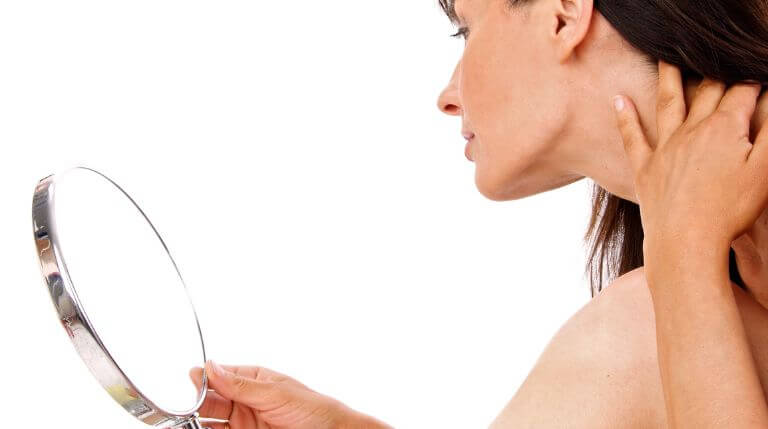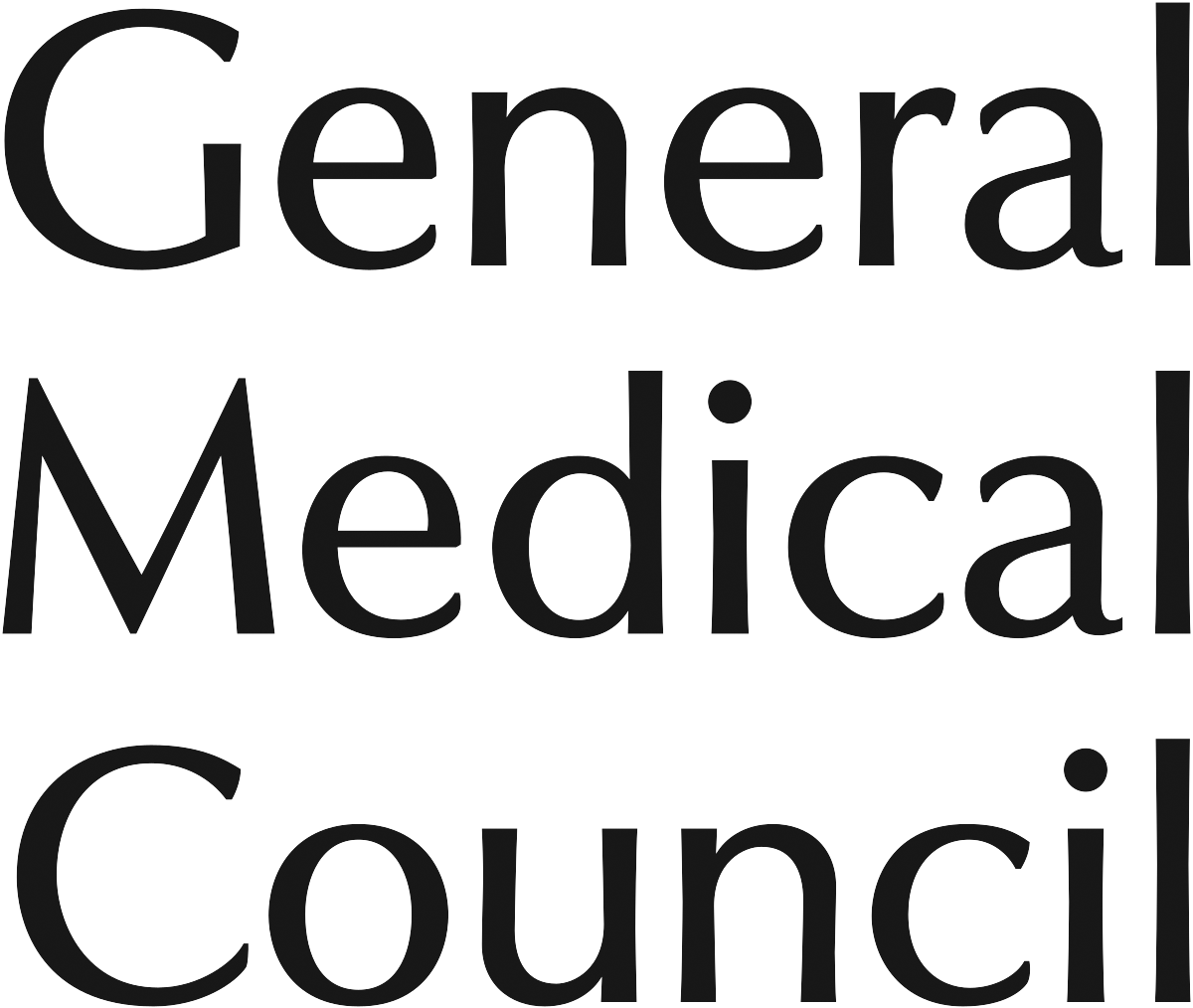What is Jowls?
Jowls refer to the sagging skin and excess fat that develop along the jawline, just below the cheeks. As we age, the skin loses elasticity and the muscles weaken, causing the skin to sag and create “jowly” appearance. This can make the face look older and more tired, even in individuals who are otherwise fit and healthy.
Jowls are a common sign of ageing, but weight fluctuations, sun damage, and genetics can also cause them. Fortunately, there are a variety of treatments available to address this common cosmetic concern.
Causes of jowls
There are several factors that can contribute to the development, including:
- Ageing: As we age, the skin loses elasticity, causing the skin to sag and create a “jowly” appearance.
- Gravity: Over time, gravity pulls down on the skin, causing it to lose its youthful, taut appearance.
- Sun damage: Exposure to UV rays can break down collagen and elastin, leading to sagging and the formation of jowls.
- Weight fluctuations: Weight loss or gain can cause the skin to lose its tightness, leading to them.
Signs and symptoms
The primary signs and symptoms of jowls include:
- Sagging skin along the jawline
- Excess fat or tissue accumulation below the chin
- A “double chin” appearance
- A more aged or tired-looking facial appearance
- Difficulty chewing or speaking due to the excess skin and fat
If you notice any of these signs, it’s important to address the issue promptly to prevent further sagging and to maintain a youthful, refreshed appearance.
Non-surgical treatments for jowls
Fortunately, there are several non-surgical treatments available, including:
- Facial exercises: Performing targeted facial exercises can help to tighten and tone the muscles in the jawline, reducing their appearance.
- Radio-frequency treatments: Radio-frequency energy can heat the skin and stimulate collagen production, tightening the skin and reducing the appearance of jowls.
- Laser treatments: Laser technology can tighten the skin and reduce its appearance, without the need for invasive surgery.
- Dermal fillers: Injecting dermal fillers into the jawline can help restore volume and lift the skin, reducing its appearance.
Surgical treatments
For individuals with more advanced or severe jowls, surgical treatments may be necessary to achieve the desired results. Some common surgical treatments include:
- Facelift: A facelift procedure can tighten and lift the skin along the jawline, reducing the appearance of jowls.
- Neck lift: A neck lift is a surgical procedure that can be used to tighten the skin and muscles in the neck, addressing the appearance of jowls.
- Liposuction: Liposuction in Norwich can be used to remove excess fat from the jawline and neck area, reducing the appearance of jowls.
- Chin implants: Chin implants can be used to create a more defined, contoured jawline, reducing the appearance of jowls.
Lifestyle changes to prevent jowls
In addition to professional treatments, there are several lifestyle changes you can make to help prevent the development of jowls, including:
- Maintaining a healthy weight: Fluctuations in weight can contribute to development, so it’s important to maintain a healthy, stable weight.
- Protecting your skin from sun damage: Wearing sunscreen and avoiding excessive sun exposure can help to prevent the breakdown of collagen and elastin, which can lead to sagging skin and jowls.
- Incorporating facial exercises: Performing targeted facial exercises can help to strengthen the muscles in the jawline, preventing their atrophy.
- Staying hydrated: Drinking plenty of water can help to keep the skin supple and elastic, reducing them.
By making these lifestyle changes, you can help to maintain a youthful, refreshed appearance and prevent the development of jowls. Any more questions? Book a consultation with Dr Saba Raja in Norwich today!









